HEALTH & NUTRITION
We are addressing the grave issue of malnutrition through Pregnant mothers as well as children from 0-6 years of age are addressed through a contact program which educates the mothers about healthy cooking, parenting and healthcare for themselves and their children.
The children found to be malnourished are put on a rigorous nutritional diet duly supplemented by vitamins and micro-nutrients to ensure that they grow to their fullest potential. We invite you to come forth and help shape a healthy and disease free generation.
|
Our Work: Key Interventions
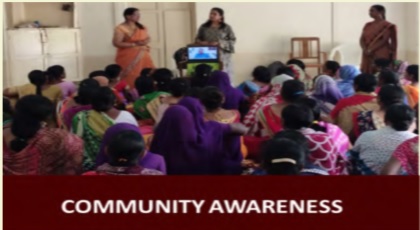
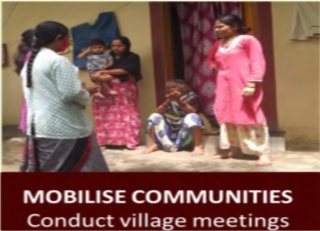
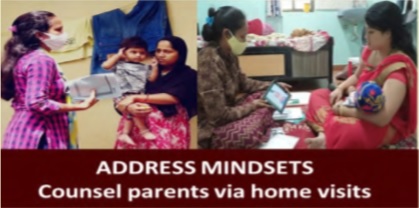
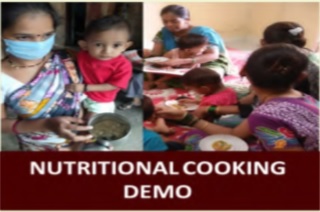
It is a well-known fact that investing in health can create a true, positive multiplier effect! 9 of the 17 Sustainable Development Goals (SDGs)* are directly addressed by improvising nutrition. With some of the largest number of malnourished children currently living in India, there is no better place and time to focus our efforts than here and now.
Purpose : 100% healthy and intelligent children in the areas we work.
Goal : Our goal is to Improvise pregnancy outcomes and reducing infant mortality for over 1,00,000 children cumulatively by 2024.
Vision : Ensure healthy lives and promote well-being for all at all ages
Mission : Improved nutrition ensuring that no-one is left behind.
THE GOLDEN 1000 DAYS:
|
The first 1,000 days between conception and the child’s second birthday are crucial
for the health and well-being of the mother and child, with the period often referred as
‘the golden 1000 days.’ A crucial and vulnerable period, this phase carries with it a significant risk of maternal and child mortality and morbidity. Proper health and nutrition
practices in this golden period not only impact survival, but have a profound impact on
the child’s cognitive and physical growth
SMDT’s interventions focus on zeroing down on the neediest mothers and children
across this golden period, and ensure full service delivery to them – from timely identification to proper management at the village or facility-level, to adequate follow-ups. We
work closely with and through the government, and in close collaboration with communities to design and implement the solutions. Our vision is to ensure “every mother and
each child has an equal start to a healthy life”.
Through this visual series, we discuss the importance of different stages along the ‘golden 1000-day period’, along with examples of impact stories from our interventions.
IMPACT STORY :Feedback on skill-based training Joint field visits by our team and block
officials as part of our supportive supervision
Through various demonstrations, the training was provided in a manner which was very
easy for us to absorb and would help us in solving the problems we face in our (day to
day) work. This will give impetus to our work. (More) such trainings should happen so
that we not only avoid mistakes in our (routine) work but also improve the quality of
services we provide.
Background
Our flagship program brought to scale solutions in ante-natal care, safe delivery, newborn care,
and child nutrition to address infant mortality, maternal mortality and malnutrition.
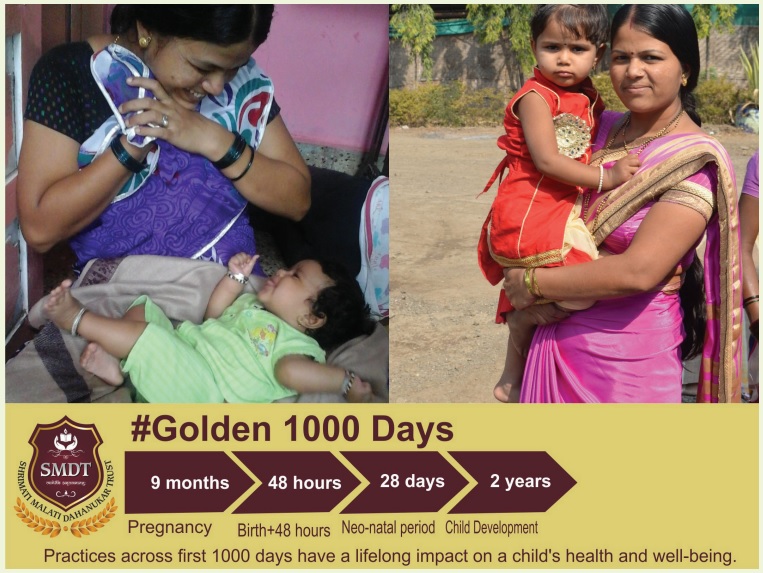
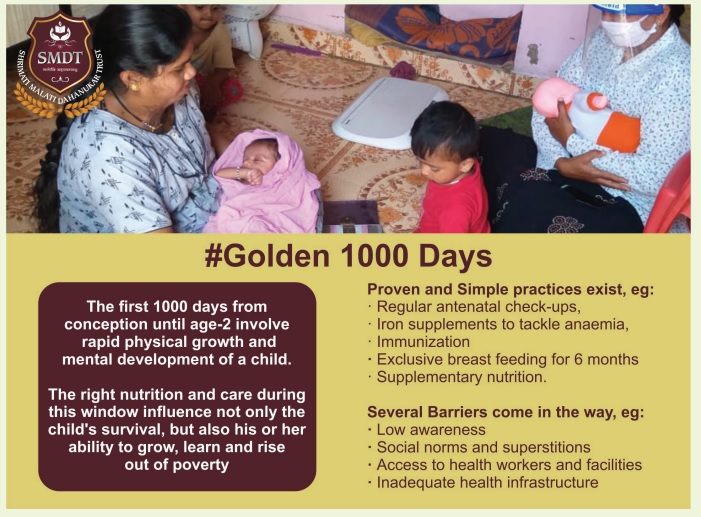
Explore the different stages along the 1,000 days
Stage 1: PREGNANCY
Simple healthcare practices like regular antenatal check-ups, vaccinations and good
nutrition across the 9-month pregnancy period are vital for the mother’s and child’s
health.Our interventions ensure timely identification and management of the highest-risk
mothers and children. Our stories from the ground tells how we Platform enables this.
Stage 2: BIRTH + 48 Hours
We encourage deliveries in a hospital. Well-trained birthing nurses and properly managed labor rooms are essential to ensure the survival and good health of the mother and child,
Stage 3: NEONATAL PERIOD
Timely follow-ups and proper care for the newborn and the mother in the first four
weeks post-delivery are critical. Our interventions teach frontline workers essential maternal, child health and nutrition concepts across the 1,000 days.
Stage 4: CHILD DEVELOPMENT
Proper healthcare and nutrition till age-2, and beyond, are critical for the child’s
physical growth and mental development.Read our impact story on how frontline workers identified a child with severe acute malnutrition using our intervention, and took appropriate measures for her treatment.
|
| |
 |
Donate to our program and sponsor the treatment along with the upkeep of malnourished children, or choose to volunteer at our malnourishment camps.
 |
|
|
| |
|
|
|
|
|
| |
|